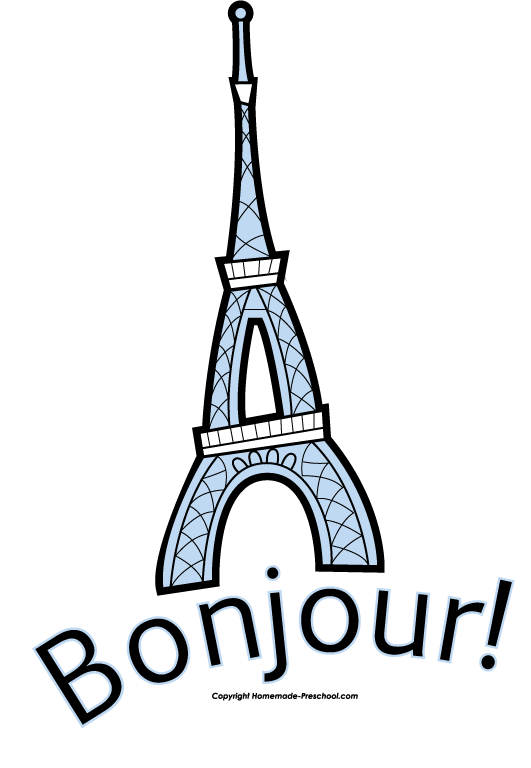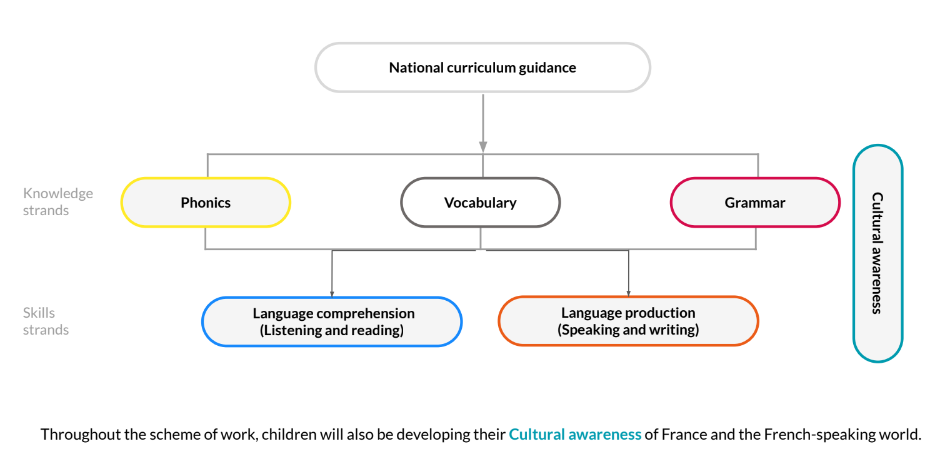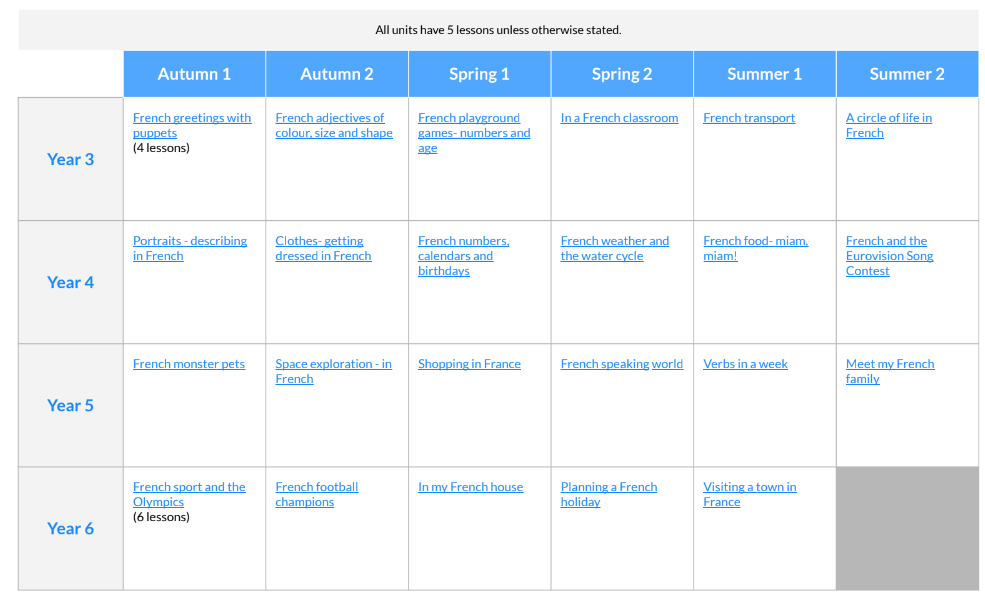French (KS2)
Bonjour et bienvenue en français à l'école Send C of E!
(Hello and welcome to French at Send CofE School!)
Once children reach Key Stage 2 (from Y3) they start to learn French.
Why do we teach French?
Learning a foreign language is a liberation from insularity and provides an opening to other cultures. A high-quality language education should foster pupils’ curiosity and deepen their understanding of the world. Language teaching should provide the foundation for learning further languages, equipping pupils to study and work in other countries. (Source: National curriculum in England: languages programmes of study)
What do we teach in French?
We have chosen the Kapow French scheme of work as our delivery model as it's Language comprehension and Language production skills strands align with the National curriculum aims for Languages.
The Kapow French scheme aims to provide pupils with a firm foundation of language learning. The three building blocks of a language system: phonics, vocabulary and grammar are planned in the ideal teaching sequence to ensure gradual progression and an understanding of the interplay between these elements.

Elements of Language learning:
Phonics
A comprehensive French phonics programme has been embedded into the Kapow Primary French scheme ensuring the explicit teaching of critical phonemes focusses on both pronunciation and the sound-spelling link. ‘Mouth mechanics’ pupil videos, which native speakers present, support this learning by including an in-depth look at the shape of the mouth when creating each phoneme.
Vocabulary
As the Ofsted research review recommended, the Kapow Primary French scheme systematically introduces the most commonly used words, especially simple and common verbs. It then provides opportunities for students to revisit previously-learned vocabulary in different contexts. This approach allows children to commit these keywords to their long-term memory. Many topic words are also introduced in order to provide a variety of meaningful contexts; however, less attention is given to memorising these. Lessons are designed to ensure that each time new vocabulary is introduced, the pupils have an opportunity to use it in language comprehension and production activities.
Grammar
Developing grammatical understanding through a carefully planned progression of key structures is the bedrock of the Kapow Primary French scheme. Grammar is explicitly taught and systematically revisited to ensure that basic structures are committed to memory before more complex ones are introduced. Lessons are organised to allow opportunities to practise grammar structures across modalities (speaking, writing, reading and listening) and carefully scaffolded activities enable children to manipulate the words and
grammar themselves and begin to use new language creatively.
Language Detective skills
Kapow Primary believes the Language Detectives element of the scheme is crucial to developing engaged and independent language learners who are able to grow their skills in the other five strands and transfer these skills to learn further languages. It involves:
- Recognising learnt vocabulary when listening or reading
- Spotting cognates (words which have the same origin or are in some way similar) and near-cognates
- Using context and their own knowledge of the world to predict the meaning of unknown words
- Considering word order to anticipate the meaning of words
The scheme develops these skills in a progressive way so that by Year 6 pupils are able to use these strategies to confidently grapple with unknown spoken and written language and search for meaning. The development of these skills, also helps pupils develop their understanding of the English language and its grammar conventions.
A Spiral Curriculum
Kapow Primary’s French scheme of work has been designed as a spiral curriculum with the following key principles in mind:
✓ Cyclical: Pupils revisit key vocabulary and grammar concepts again and again
✓ Increasing depth: Each time vocabulary or grammar learning is revisited, it is covered with greater depth
✓ Prior knowledge: Upon returning to each area, prior knowledge is utilised so pupils can build on previous foundations, rather than starting again
Unit Overview

